World Mission Sunday – 22 October – 29th Sunday in Ordinary Time
‘Mission at the Heart of the Christian Faith’
Pope Francis’ Message for World Mission Sunday 2017, which is focused on Mission at the Heart of the Christian Faith.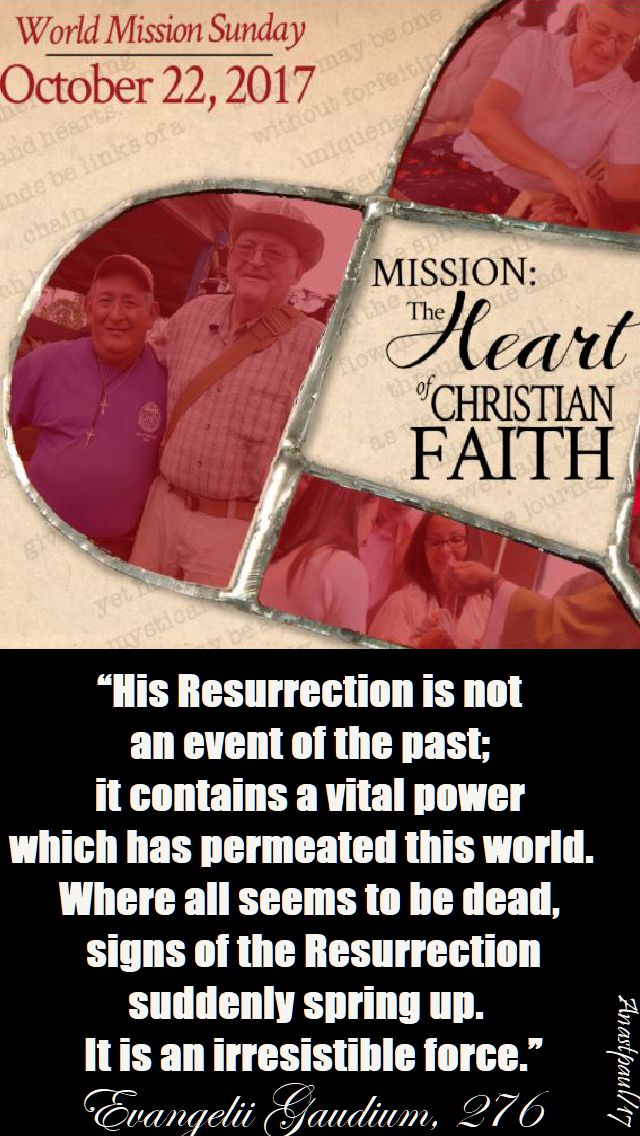
Dear Brothers and Sisters,
Once again this year, World Mission Day gathers us around the person of Jesus, “the very first and greatest evangeliSer” (PAUL VI, Evangelii Nuntiandi, 7), who continually sends us forth to proclaim the Gospel of the love of God the Father in the power of the Holy Spirit. This Day invites us to reflect anew on the mission at the heart of the Christian faith. The Church is missionary by nature; otherwise, she would no longer be the Church of Christ but one group among many others that soon end up serving their purpose and passing away. So it is important to ask ourselves certain questions about our Christian identity and our responsibility as believers in a world marked by confusion, disappointment and frustration, and torn by numerous fratricidal wars that unjustly target the innocent. What is the basis of our mission? What is the heart of our mission? What are the essential approaches we need to take in carrying out our mission?
Mission and the transformative power of the Gospel of Christ, the Way, the Truth and the Life
1. The Church’s mission, directed to all men and women of good will, is based on the transformative power of the Gospel. The Gospel is Good News filled with contagious joy, for it contains and offers new life: the life of the Risen Christ who, by bestowing His life-giving Spirit, becomes for us the Way, the Truth and the Life (cf. Jn 14:6). He is the Way who invites us to follow Him with confidence and courage. In following Jesus as our Way, we experience Truth and receive His Life, which is fullness of communion with God the Father in the power of the Holy Spirit. That life sets us free from every kind of selfishness and is a source of creativity in love.
2. God the Father desires this existential transformation of his sons and daughters, a transformation that finds expression in worship in spirit and truth (cf. Jn 4:23-24), through a life guided by the Holy Spirit in imitation of Jesus the Son to the glory of God the Father. “The glory of God is the living man” (IRENAEUS, Adversus Haereses IV, 20, 7). The preaching of the Gospel thus becomes a vital and effective word that accomplishes what it proclaims (cf. Is 55:10-11): Jesus Christ, who constantly takes flesh in every human situation (cf. Jn 1:14).
Mission and the kairos of Christ
3. The Church’s mission, then, is not to spread a religious ideology, much less to propose a lofty ethical teaching. Many movements throughout the world inspire high ideals or ways to live a meaningful life. Through the mission of the Church, Jesus Christ himself continues to evangelize and act; her mission thus makes present in history the kairos, the favourable time of salvation. Through the proclamation of the Gospel, the risen Jesus becomes our contemporary, so that those who welcome Him with faith and love can experience the transforming power of His Spirit, who makes humanity and creation fruitful, even as the rain does with the earth. “His resurrection is not an event of the past; it contains a vital power which has permeated this world. Where all seems to be dead, signs of the resurrection suddenly spring up. It is an irresistible force” (Evangelii Gaudium, 276).
4. Let us never forget that “being Christian is not the result of an ethical choice or a lofty idea but the encounter with an event, a Person, which gives life a new horizon and a decisive direction” (BENEDICT XVI, Deus Caritas Est, 1). The Gospel is a Person who continually offers Himself and constantly invites those who receive Him with humble and religious faith to share His life by an effective participation in the paschal mystery of His death and resurrection. Through Baptism, the Gospel becomes a source of new life, freed of the dominion of sin, enlightened and transformed by the Holy Spirit. Through Confirmation, it becomes a fortifying anointing that, through the same Spirit, points out new ways and strategies for witness and accompaniment. Through the Eucharist, it becomes food for new life, a “medicine of immortality” (IGNATIUS OF ANTIOCH, Ad Ephesios, 20, 2).
5. The world vitally needs the Gospel of Jesus Christ. Through the Church, Christ continues his mission as the Good Samaritan, caring for the bleeding wounds of humanity, and as Good Shepherd, constantly seeking out those who wander along winding paths that lead nowhere. Thank God, many significant experiences continue to testify to the transformative power of the Gospel. I think of the gesture of the Dinka student who, at the cost of his own life, protected a student from the enemy Nuer tribe who was about to be killed. I think of that Eucharistic celebration in Kitgum, in northern Uganda, where, after brutal massacres by a rebel group, a missionary made the people repeat the words of Jesus on the cross: “My God, My God, why have you abandoned me?” as an expression of the desperate cry of the brothers and sisters of the crucified Lord. For the people, that celebration was an immense source of consolation and courage. We can think too of countless testimonies to how the Gospel helps to overcome narrowness, conflict, racism, tribalism, and to promote everywhere, and among all, reconciliation, fraternity, and sharing.
Mission inspires a spirituality of constant exodus, pilgrimage, and exile
6. The Church’s mission is enlivened by a spirituality of constant exodus. We are challenged “to go forth from our own comfort zone in order to reach all the peripheries in need of the light of the Gospel” (Evangelii Gaudium, 20). The Church’s mission impels us to undertake a constant pilgrimage across the various deserts of life, through the different experiences of hunger and thirst for truth and justice. The Church’s mission inspires a sense of constant exile, to make us aware, in our thirst for the infinite, that we are exiles journeying towards our final home, poised between the “already” and “not yet” of the Kingdom of Heaven.
7. Mission reminds the Church that she is not an end unto herself but a humble instrument and mediation of the Kingdom. A self-referential Church, one content with earthly success, is not the Church of Christ,hhis crucified and glorious Body. That is why we should prefer “a Church which is bruised, hurting and dirty because it has been out on the streets, rather than a Church which is unhealthy from being confined and from clinging to its own security” (ibid., 49).
Young people, the hope of mission
8. Young people are the hope of mission. The person of Jesus Christ and the Good News He proclaimed continue to attract many young people. They seek ways to put themselves with courage and enthusiasm at the service of humanity. “There are many young people who offer their solidarity in the face of the evils of the world and engage in various forms of militancy and volunteering… How beautiful it is to see that young people are ‘street preachers’, joyfully bringing Jesus to every street, every town square and every corner of the earth!” (ibid., 106). The next Ordinary General Assembly of the Synod of Bishops, to be held in 2018 on the theme Young People, the Faith and Vocational Discernment, represents a providential opportunity to involve young people in the shared missionary responsibility that needs their rich imagination and creativity.
The service of the Pontifical Mission Societies
9. The Pontifical Mission Societies are a precious means of awakening in every Christian community a desire to reach beyond its own confines and security in order to proclaim the Gospel to all. In them, thanks to a profound missionary spirituality, nurtured daily, and a constant commitment to raising missionary awareness and enthusiasm, young people, adults, families, priests, bishops and men and women religious work to develop a missionary heart in everyone. World Mission Day, promoted by the Society of the Propagation of the Faith, is a good opportunity for enabling the missionary heart of Christian communities to join in prayer, testimony of life and communion of goods, in responding to the vast and pressing needs of evangelization.
Carrying out our mission with Mary, Mother of Evangelization
10. Dear brothers and sisters, in carrying out our mission, let us draw inspiration from Mary, Mother of Evangelisation. Moved by the Spirit, she welcomed the Word of life in the depths of her humble faith. May the Virgin Mother help us to say our own “yes”, conscious of the urgent need to make the Good News of Jesus resound in our time. May she obtain for us renewed zeal in bringing to everyone the Good News of the life that is victorious over death. May she intercede for us so that we can acquire the holy audacity needed to discover new ways to bring the gift of salvation to every man and woman.
From the Vatican, 4 June 2017
Solemnity of Pentecost
Mary, Mother of Evangelisation, Pray for the Church, Pray for us all – that we may go forth and make the Good News of Jesus resound in our time!
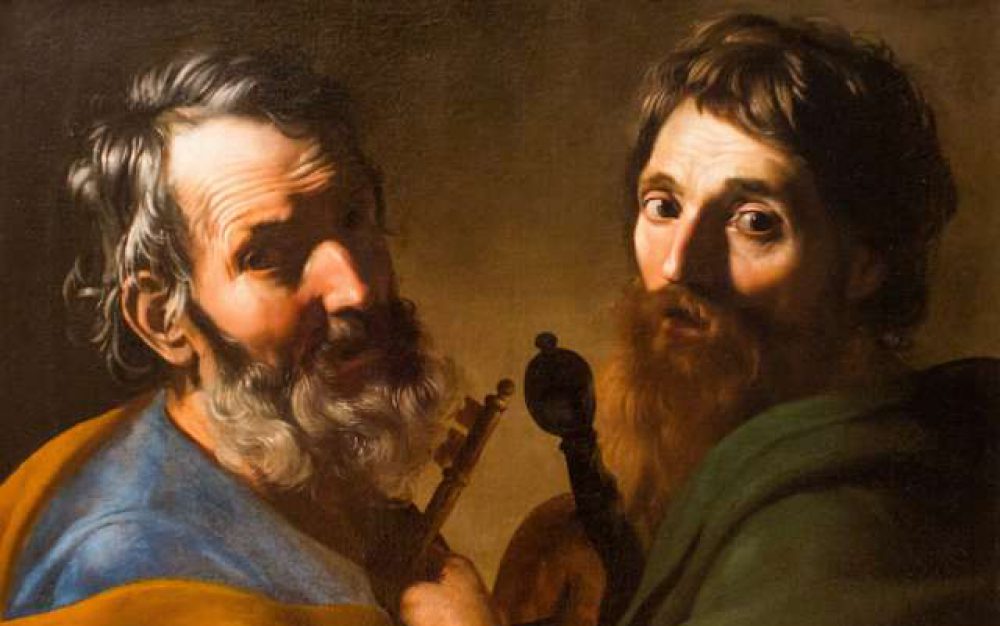






























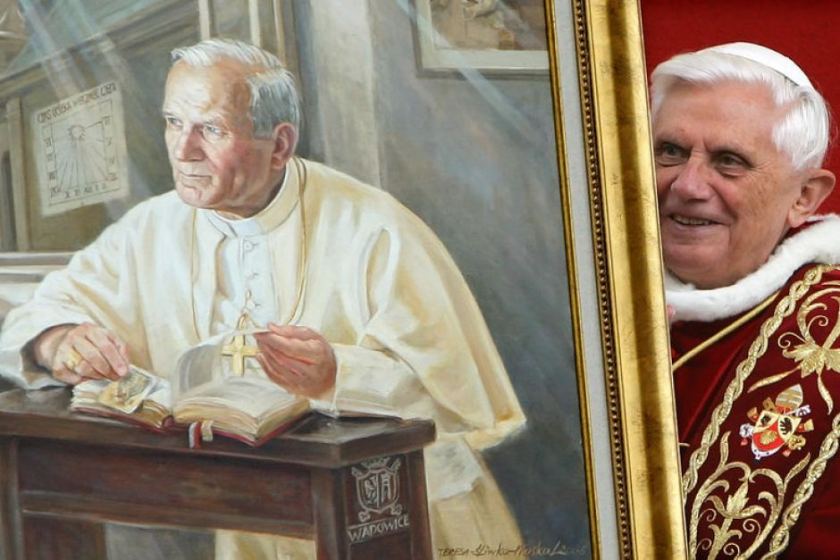

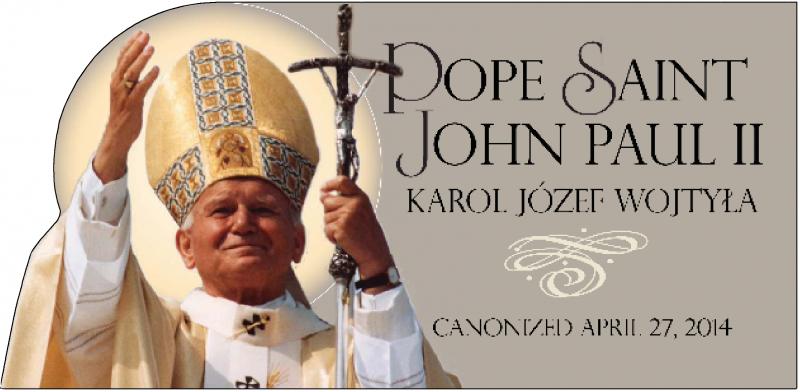
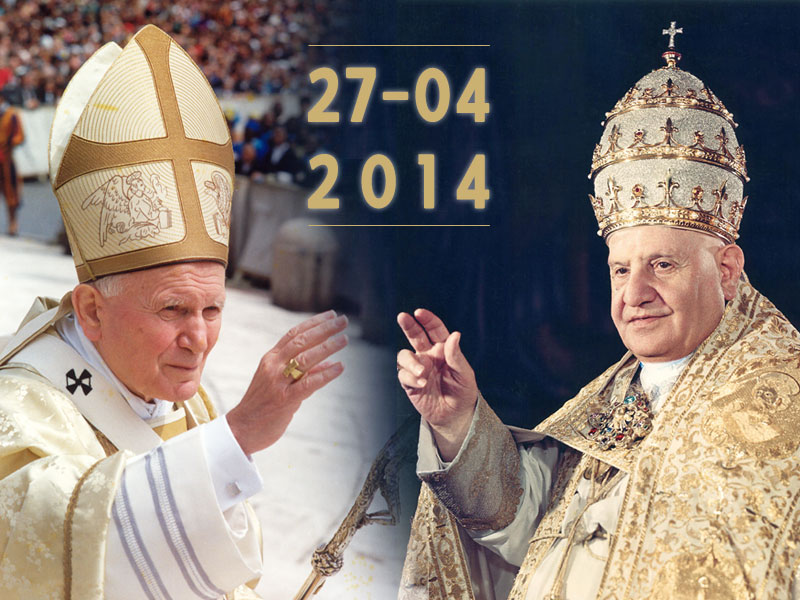
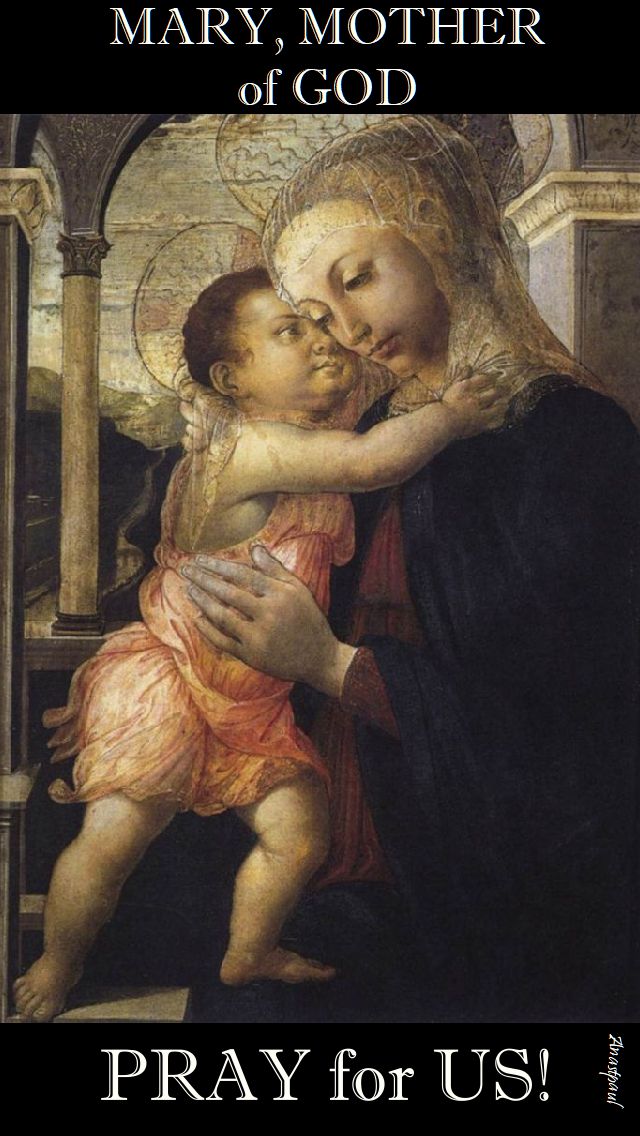

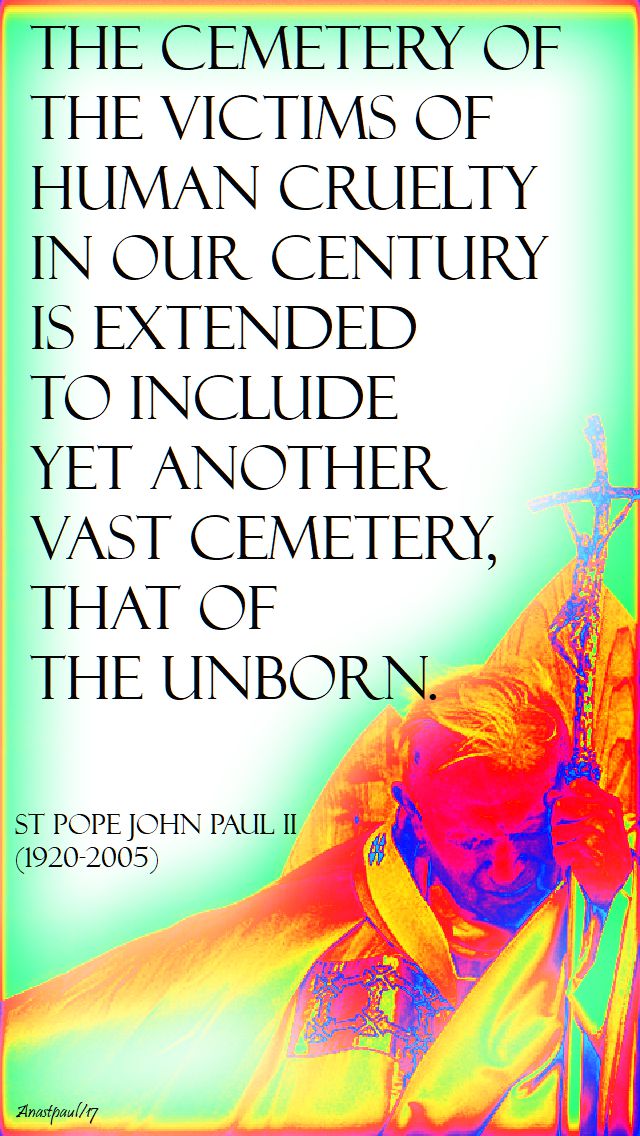
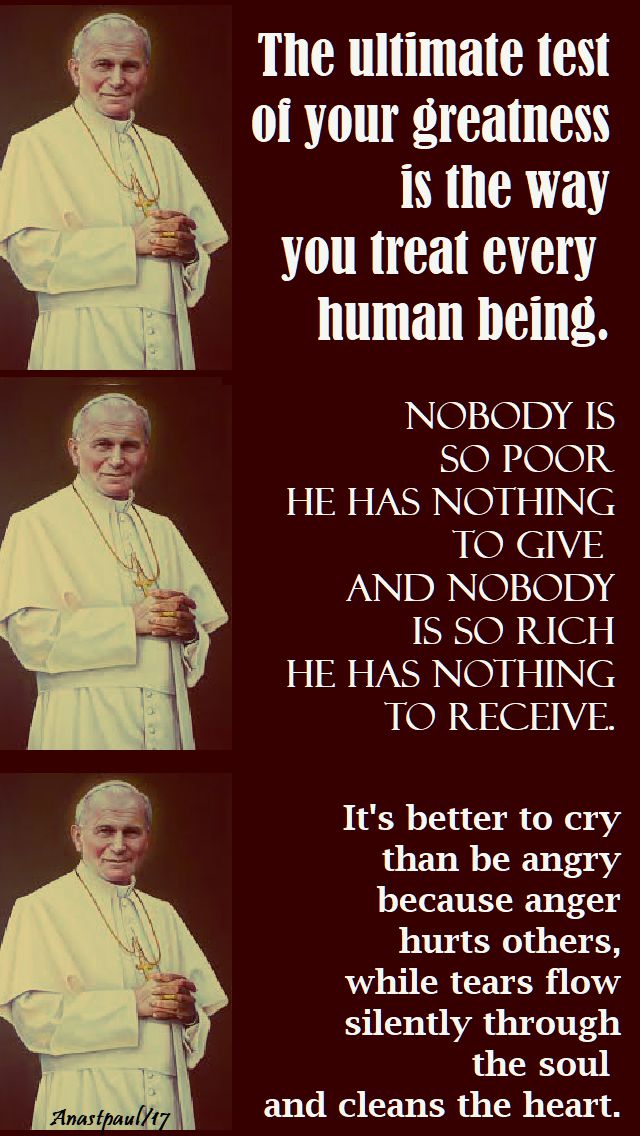
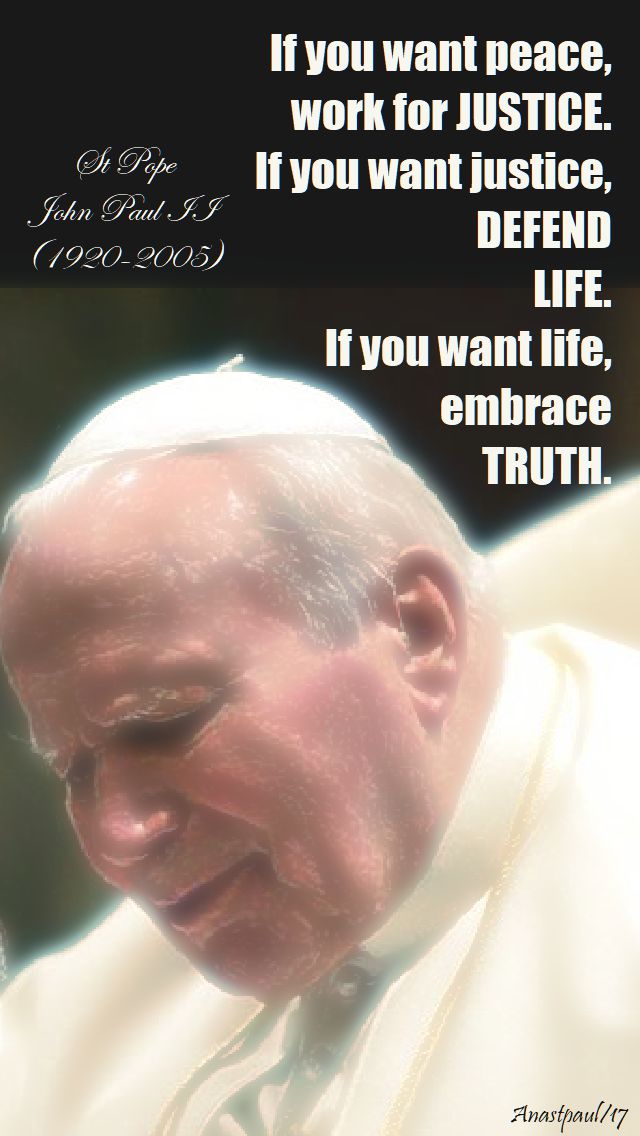

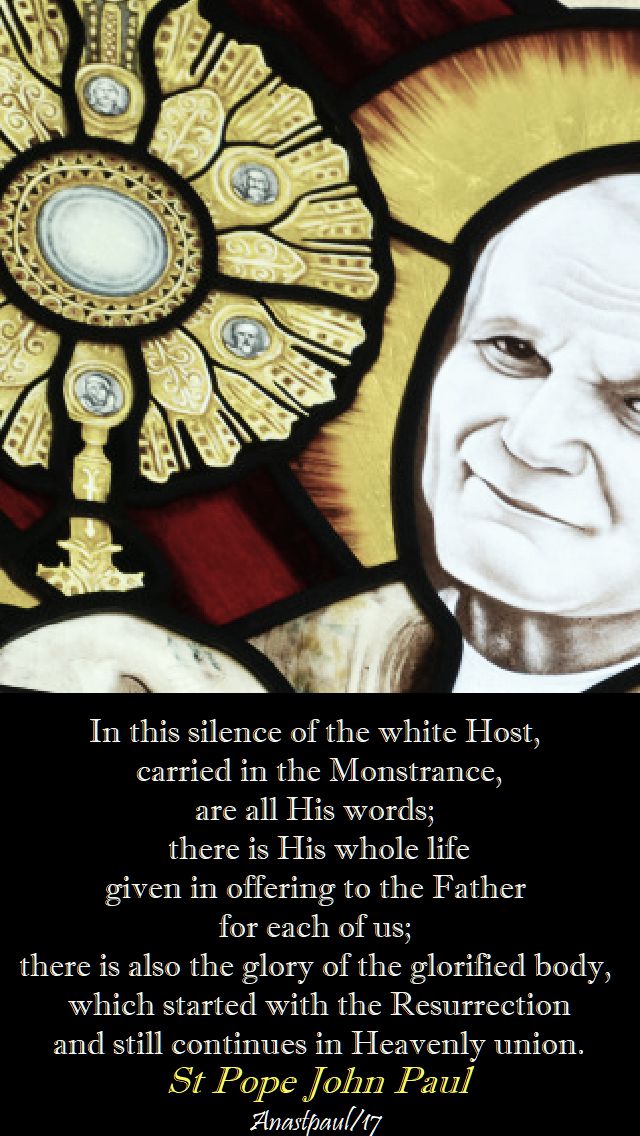
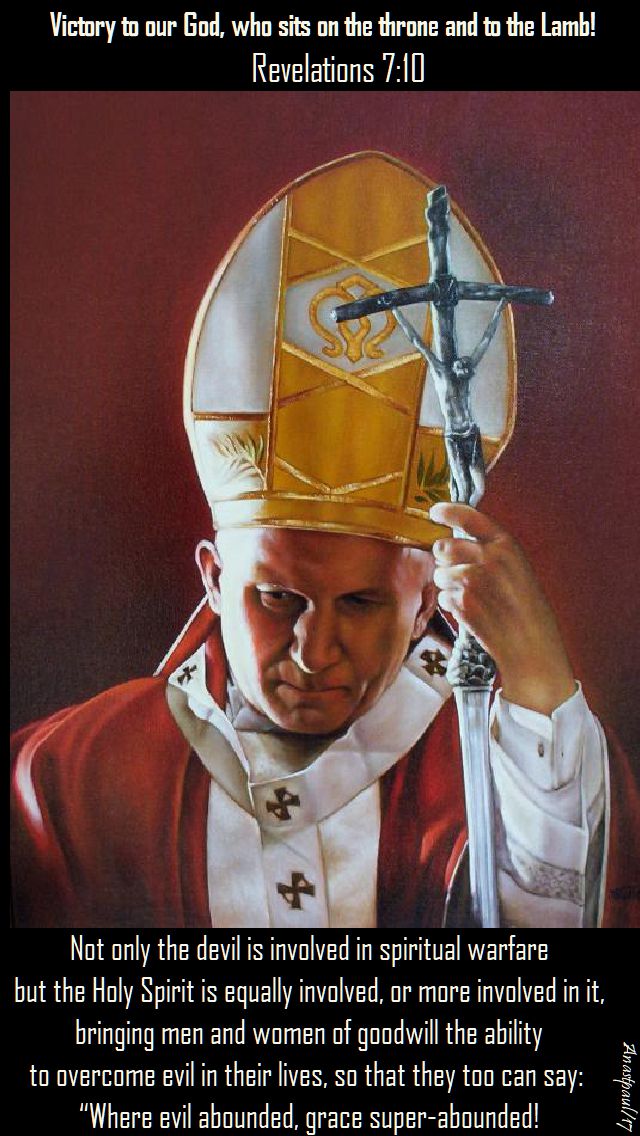
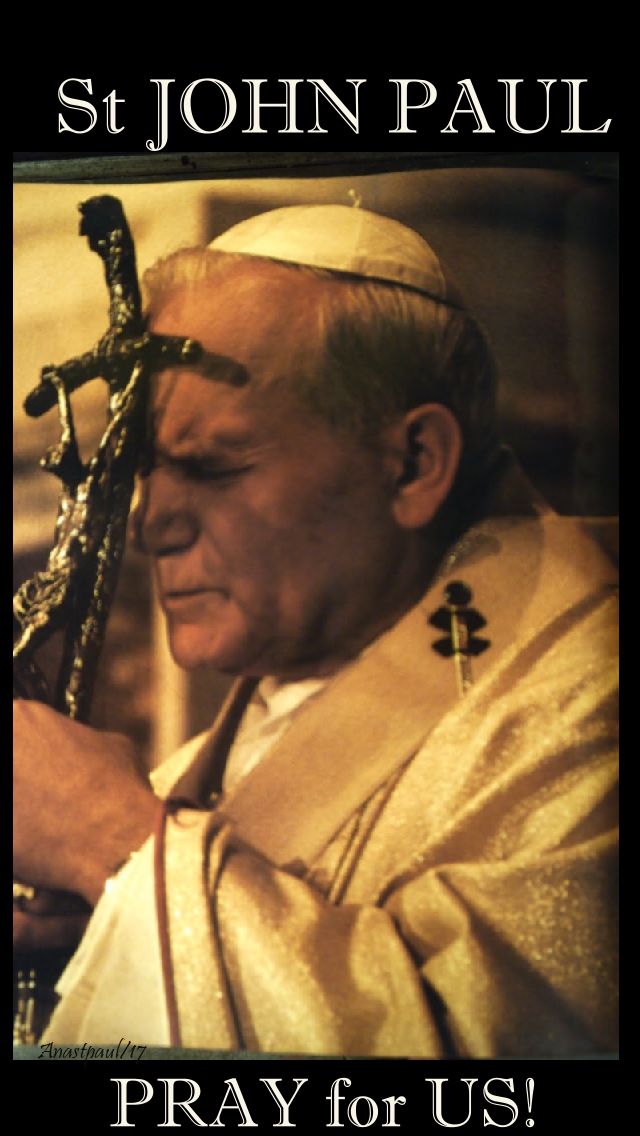

You must be logged in to post a comment.